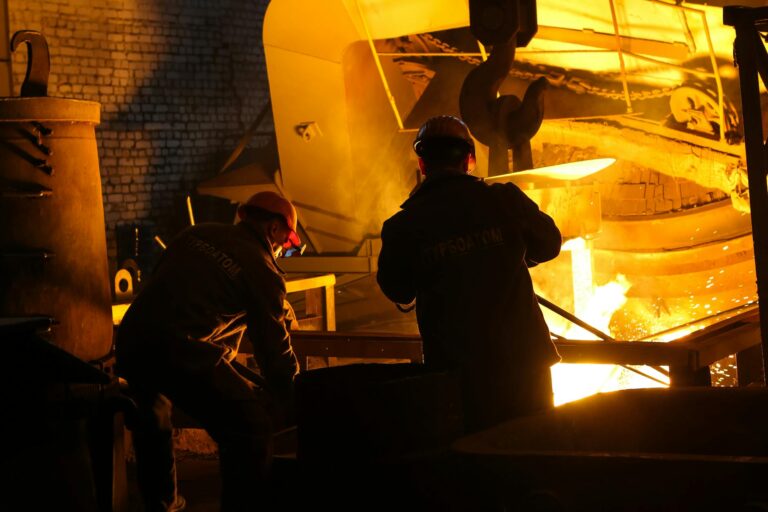China’s Rare Earth Rules: More Than Just Trade Trouble
Let’s be honest—when most people hear “rare earth elements,” their eyes glaze over. But here’s the thing: these metals are in your phone, your car, even those fancy fighter jets. And China? They’ve got the world by the throat when it comes to these materials. Now, with new export rules that came into play late last year, there’s a whole new level of drama unfolding. It’s not just about supply chains getting messy (though they are). There’s a real fear that China’s using these policies to peek under the hood of Western tech—literally.
Why Rare Earths Matter (More Than You Think)
Okay, quick science lesson. Rare earths—there’s 17 of them—aren’t actually that rare. Neodymium, dysprosium, yttrium… they’re all over the place. But here’s the kicker: China controls nearly all the processing. Think of it like coffee beans—Brazil grows them, but Starbucks makes the latte. Except in this case, if Starbucks decided to cut off everyone else, your morning caffeine fix would cost $50. That’s basically what happened in 2010 when China tightened exports, and prices went nuts overnight.
The New Rules: Bureaucracy or Backdoor?
So what’s changed? Since December 2023, if you want to export rare earths from China, you’ve got to jump through crazy hoops. We’re talking months-long waits, forms asking everything from what factory your materials are going to, to how exactly you plan to use them. Officially? It’s about “national security.” But come on—we’ve seen this movie before. Remember when Apple had to store Chinese user data locally? Suddenly, their encryption methods started looking suspiciously familiar to local competitors.
Here’s what companies are being forced to hand over:
- The secret sauce—exact formulas for alloys
- How they machine parts for defense gear (yikes)
- Even their methods for recycling EV batteries
And get this—some auto parts suppliers say Chinese “inspectors” show up with executives from rival firms. Coincidence? Please.
How the World’s Reacting
The EU’s throwing money at Greenland mines (good luck with that—have you seen Greenland’s infrastructure?). The Pentagon? They’re hoarding dysprosium like it’s toilet paper in 2020. Over in Silicon Valley, searches for “rare earth alternatives” have more than doubled since January. BMW’s out here promising “China-free” magnets by 2025—which is like saying you’ll quit caffeine while working night shifts. Possible? Maybe. Realistic? Not so much.
What Companies Are Doing About It
Some smart players are getting creative:
- Samsung’s playing shell games—routing everything through Singapore with Fort Knox-level data security
- Tesla’s got a secret project (codenamed Pegasus, because Elon loves drama) to slash rare earth use in motors
- Big Tech’s banding together to push for better IP protections in trade deals
The Bottom Line
This isn’t just about paperwork and shipping delays. One defense CEO put it bluntly: “They’re making us choose between our patents and our production lines.” Scary stuff. Short term? Companies are duct-taping their supply chains. Long term? We need to rethink how open economies protect their tech golden geese. Because let’s face it—whoever controls these tiny, boring-sounding metals might just control the next century’s tech race. And right now? That’s looking a lot like China.
So next time your phone vibrates, remember—there’s a little piece of geopolitical drama right in your pocket.
Source: Financial Times – Global Economy













One thought on “China’s Rare Earth Demands Could Expose Corporate Secrets – Here’s Why”